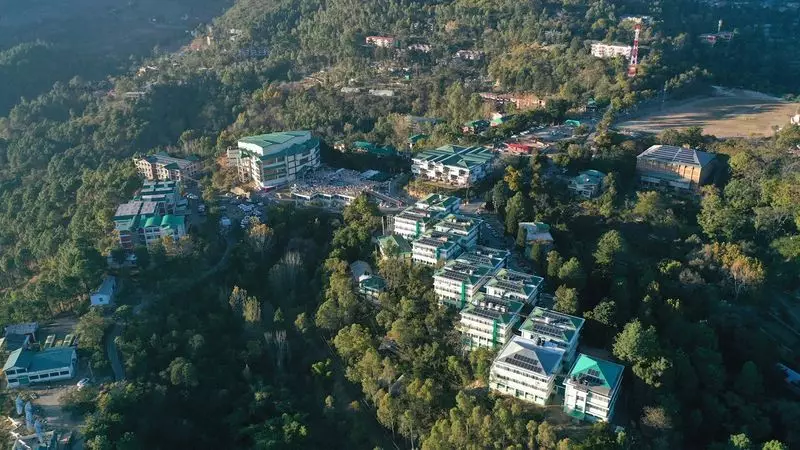
In a significant move toward sustainable agriculture, farmers in the high-altitude cold desert region of Lahaul-Spiti are being equipped with cutting-edge biological methods to combat crop pests. This revolutionary training program marks a pivotal shift from chemical pesticides to environmentally friendly alternatives.
Transforming Agriculture in the Himalayas
Farmers across the picturesque Lahaul-Spiti district of Himachal Pradesh are embracing innovative biological control techniques to protect their valuable crops. The comprehensive training program, organized by the State Department of Agriculture, is empowering local farmers with natural solutions to pest problems that have long plagued their agricultural output.
Hands-On Learning Experience
The training sessions provide practical, field-ready knowledge that farmers can immediately implement. Participants learn to identify beneficial insects and natural predators that can effectively control pest populations without harming the ecosystem. This approach not only protects crops but also preserves the delicate balance of the region's unique biodiversity.
Why Biological Control Matters
Traditional chemical pesticides often come with significant drawbacks, including environmental contamination, health risks, and the development of pesticide-resistant pests. Biological control offers a sustainable alternative by:
- Reducing chemical contamination in soil and water
- Preserving beneficial insect populations
- Lowering production costs for farmers
- Maintaining soil health and fertility
- Producing healthier, chemical-free crops
The Future of Farming in Cold Desert Regions
This initiative represents a crucial step toward climate-resilient agriculture in challenging environments. As climate change continues to affect farming patterns, such sustainable practices become increasingly vital for food security in remote regions like Lahaul-Spiti.
The enthusiastic response from local farmers indicates a growing awareness and acceptance of eco-friendly agricultural practices. This shift toward biological pest control not only promises better crop yields but also ensures the long-term sustainability of farming in this ecologically sensitive Himalayan region.





